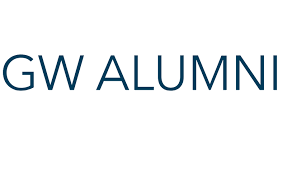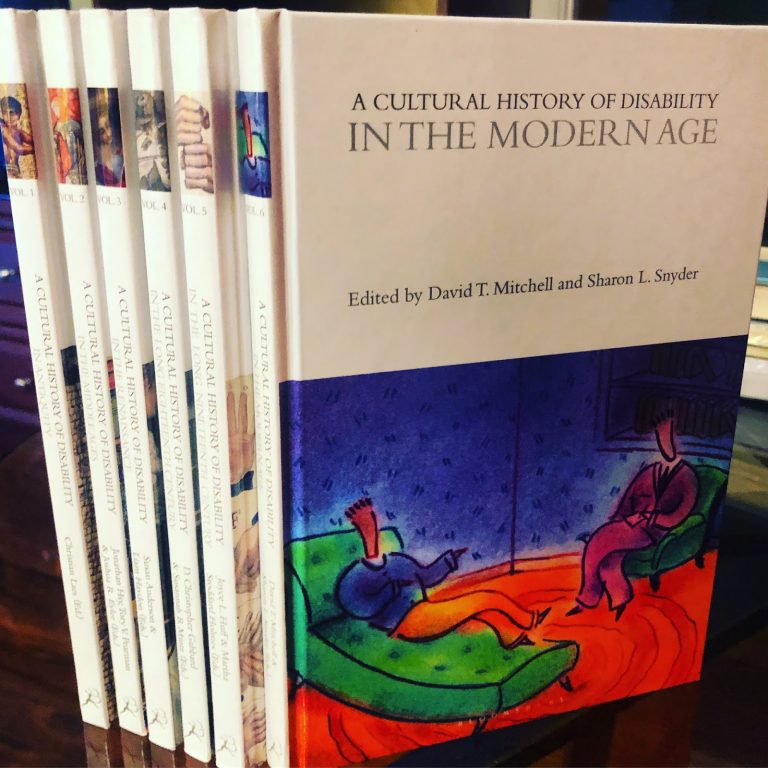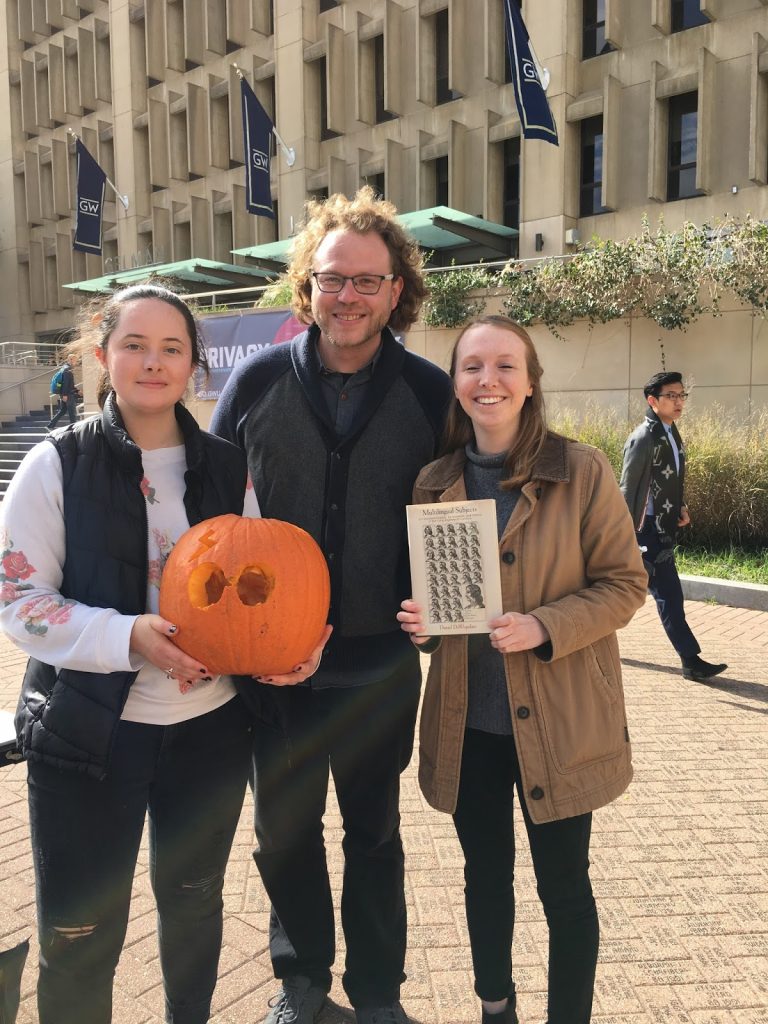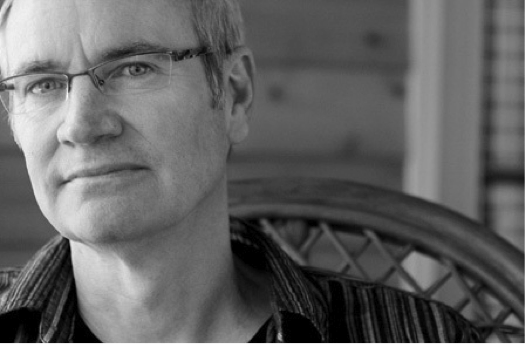“Passing”: GWU’s Annual English Graduate Symposium
| Director of Graduate Studies Tara Wallace responds to (L to R) Farisa Khalid, Brian Dumm, Emily Lathrop |
| Julia Asami Smith, part of our undergraduate panel. |

| Director of Graduate Studies Tara Wallace responds to (L to R) Farisa Khalid, Brian Dumm, Emily Lathrop |
| Julia Asami Smith, part of our undergraduate panel. |

Although our undergraduate majors have been enjoying this site for a month, many new readers are finding the English Department’s blog this week via the Colonial Cable. We welcome you, and encourage you to have a look around. Try the “Contents at a Glance” list on the righthand side of this page. You may also…

COVID-19 has exacerbated anti-Asian racism—the demonization of a group of people based on their perceived social value—in the United States in the cultural and political life. Professor Alexa Alice Joubin recently published an article that analyzes the language of racism and misogyny. Her article also offers strategies for inclusion during and after the…

GW English will hold a celebration of the publication of A Cultural History of Disability in 2021. This will most likely be an online event as our 2020 celebration was postponed due to the pandemic. We will announce the details of this event in early 2021, but in the meantime: the six volumes are open access…

The English Department’s annual Jack-O-Lit gathering had a great turn out this year! Many students joined the English faculty in sharing cookies and cider, as well as carving pumpkins into some very creative designs. Maggie Benda and Oona Intemann won Professor Daniel DeWispelare’s new book, Multilingual Subjects, On Standard English, Its Speakers, and Others in the Long…

The Saved From cutting the nuts out of a bull calf’s bag with a Barlow, from laying case knives on a dress pattern, from running a trotline and baiting the hooks with gone liver, from mashing a tobacco worm into a green blot, from crimping dough at the piecrust edge, from whisking an egg, from…

This is the inaugural post of On the Road, an occasional blog series about GW English Professors and their scholarly travel. In an age of Skype and video conferencing, travel to conferences or to other institutions remains an important way for scholars to share their work and learn about what their colleagues elsewhere are doing…